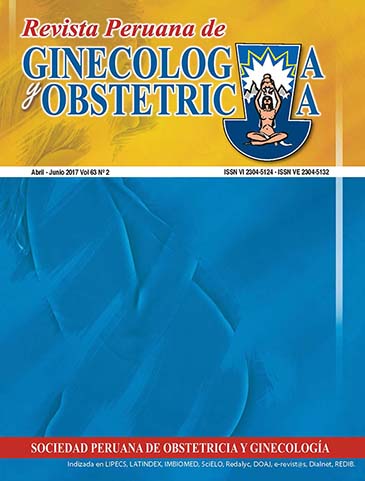Endothelial progenitor cells in normal pregnancy and preeclampsia
DOI:
https://doi.org/10.31403/rpgo.v63i1988Abstract
Pregnancy is a challenge to the maternal vascular system, requiring systemic adaptation and pronounced local changes in the uterus. The maternal cardiovascular adaptation to pregnancy involves a complex physiologic response to the presence of the growing fetus, including alterations in maternal vascular endothelial cells that contribute to a profound fall in total systemic vascular resistance. The discovery of endothelial progenitor cells has generated considerable interest in the field of vascular biology. These cells can be mobilized into the circulation by growth factors and can then support the health of the vascular endothelium by several mechanisms. These cells arise from a population of circulating mononuclear cells and have the capacity to form new blood vessels and contribute to vascular repair. Diseases of pregnancy, such as preeclampsia, increase the risk of complications and are associated with endothelial dysfunction.Downloads
Download data is not yet available.
Downloads
Published
2017-07-11
How to Cite
Reyna-Villasmil, E., Mayner-Tresol, G., Herrera-Moya, P., & Briceño-Pérez, C. (2017). Endothelial progenitor cells in normal pregnancy and preeclampsia. The Peruvian Journal of Gynecology and Obstetrics, 63(2), 211–217. https://doi.org/10.31403/rpgo.v63i1988
Issue
Section
Simposio
















